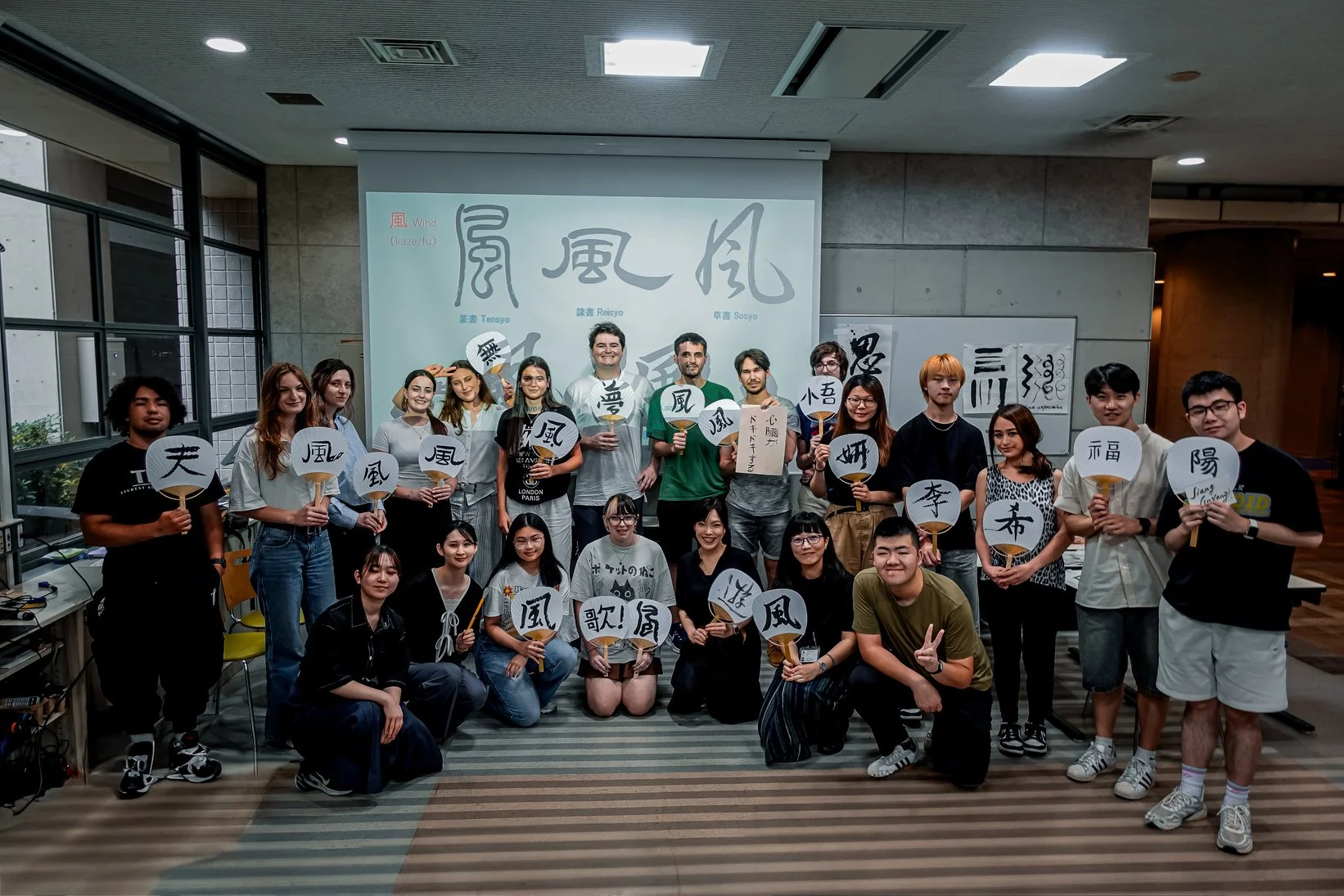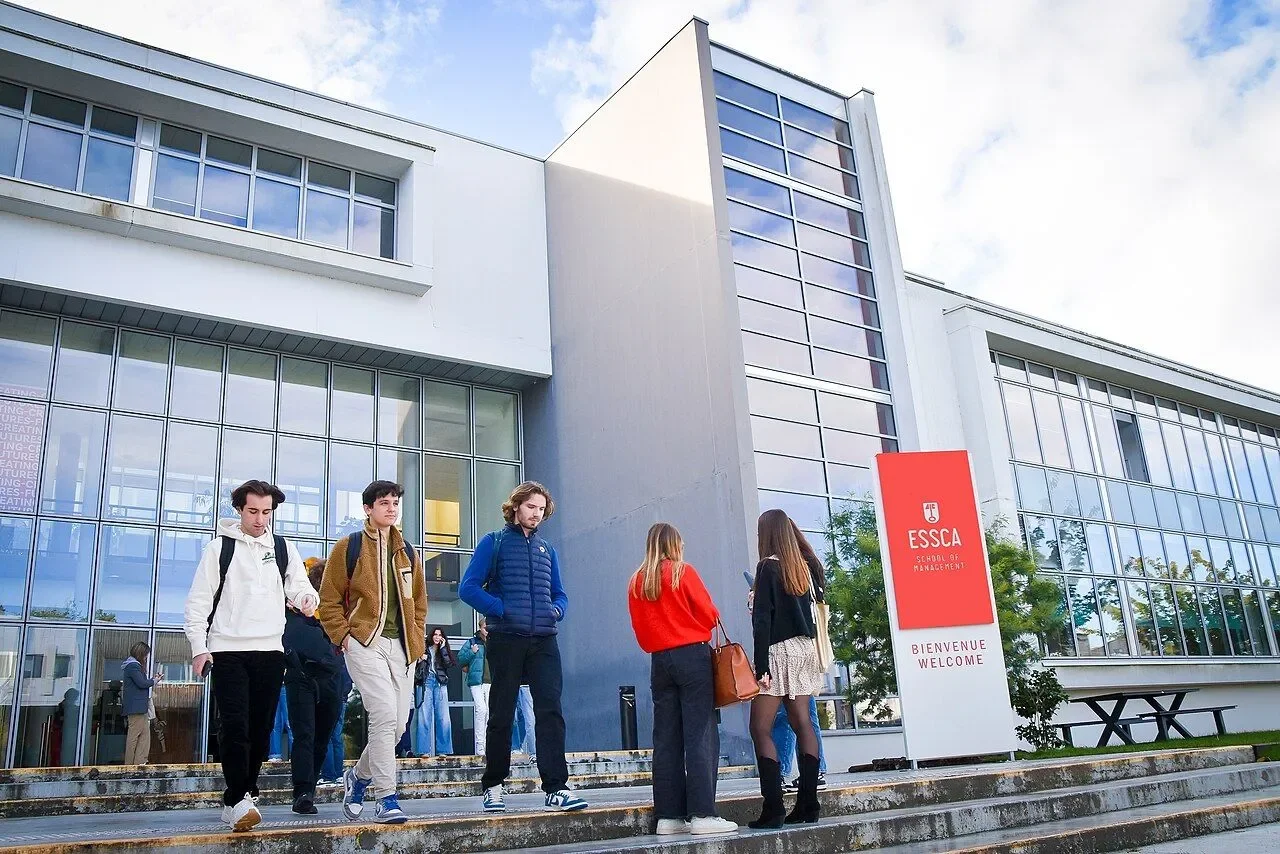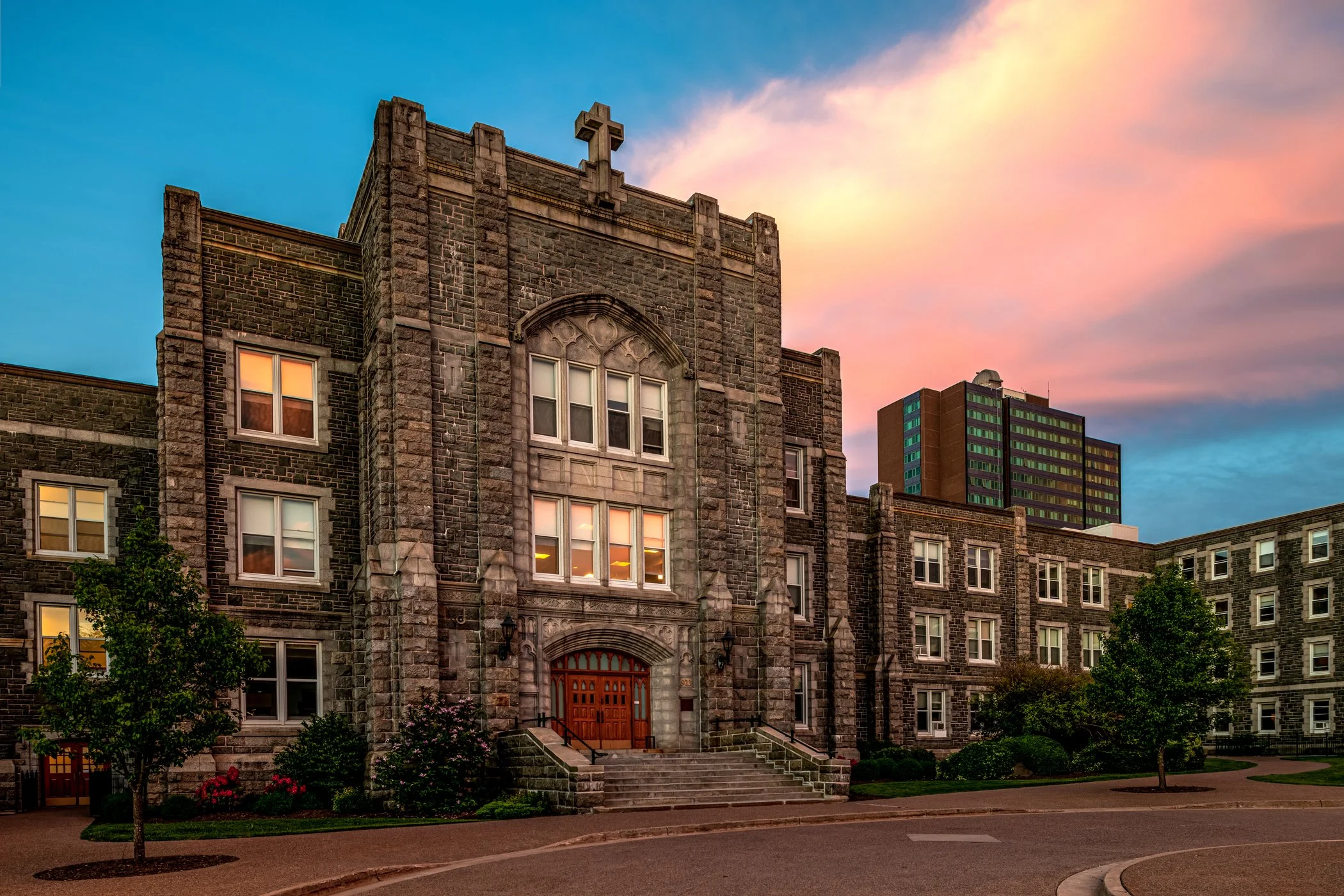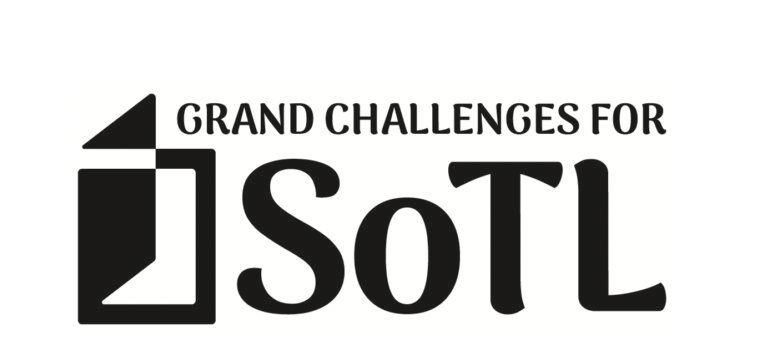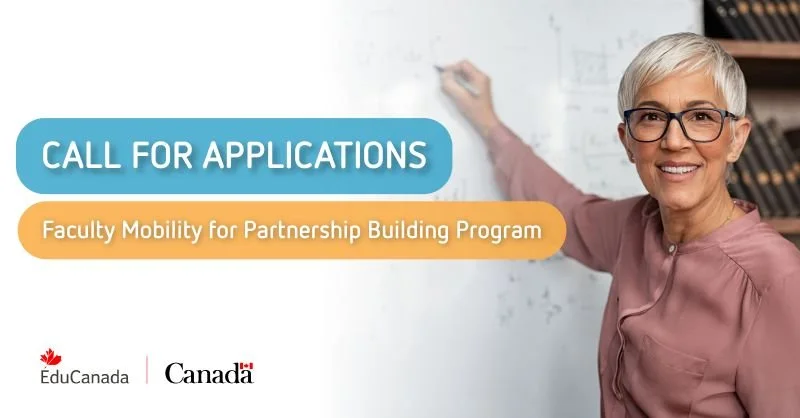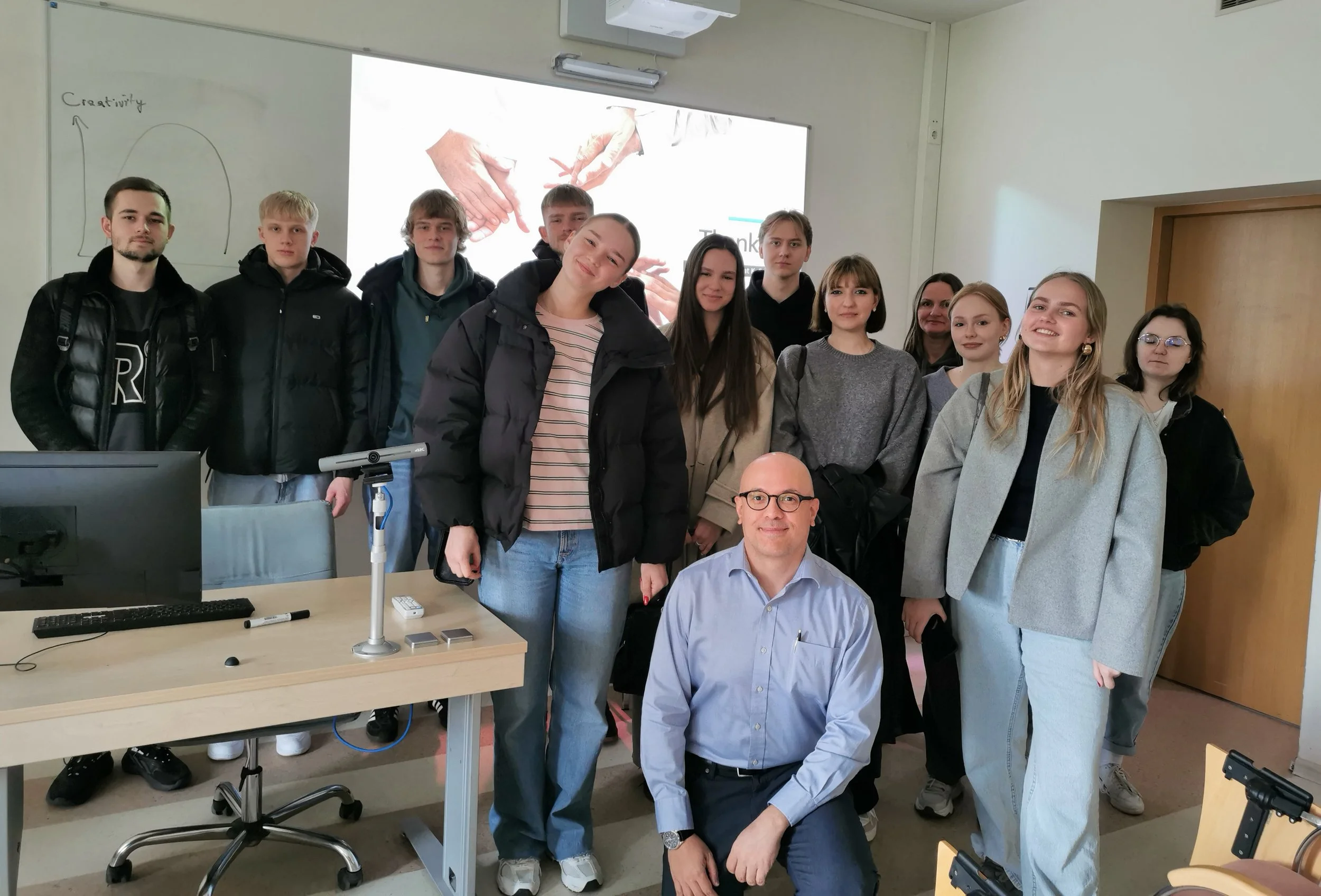Register by August 27, 2025 to participate in the online Circumpolar Studies courses offered this coming fall and winter.
The following are the Circumpolar Studies courses to be offered this fall and winter, jointly hosted by Trent University and Yukon University. The courses are free for all students from an institution that is registered with UArctic.
Interested students should consult their academic advisor to discuss whether there is room for transfer credits in their program requirements and then email Global@smu.ca by August 15 to request the registration form. Students pay regular SMU tuition at SMU for the transfer credit hours.
Course Offerings
CS 100 / GEOG: 1045 / NOST 101 Hosted by Yukon University
Introduction to the Circumpolar World (GEOG-1045H-W-F01)
9/4/2025-12/31/2025 - Course Dates with YukonU may vary slightly.
Introduces students to the landscape, peoples, and issues of the circumpolar region. Beginning with an examination of the geography, biological, and physical systems of the Subarctic and Arctic, the course then turns to the Indigenous and contemporary peoples of the region.
CS 311 / Lands and Environments of the Circumpolar North I
Lands and Environments of the Circumpolar North (GEOG-2320H-W-F01)
9/4/2025-12/31/2025
Explores the lands and environments that define the Circumpolar region and identifies the key issues involving interaction between humans and their environments, examining climate change and its impacts on landscapes, biodiversity, and ecological systems. Provides a broad foundation for the study of circumpolar peoples, economies, landscapes, communities, and adaptation to climate change.
CS 321 / Peoples and Cultures of the Circumpolar World I
Peoples and Cultures of the Circumpolar World (INDG-3745H-W-F01)
An introduction to historic traditional cultures and contemporary peoples through both traditional Indigenous and Western perspectives. Identifies the broad and basic understanding of the histories and experiences of the peoples of the Circumpolar North, and the development of northern cultures. Explores and defines the cultural diversity present in the Circumpolar North with reference to environments, contact, and economic processes.
CS 331 / Contemporary Issues of the Circumpolar World I
Contemporary Issues of the Circumpolar World (GEOG-3390H-R-F01)
9/4/2025-12/31/2025
Develops a basic appreciation of the most important contemporary challenges surrounding governance and politics, social issues, education and knowledge systems, and global issues in the circumpolar regions of the North. It explores the complexity and inter-relatedness of governance, social policy, gender, indigeneity, and law.
Canada's People and Places (CAST-2810H-R-F01)
9/4/2025-12/31/2025
Explores the geography of Canada and its peoples and places. Examines the development of Canada's cultural landscapes and regions, and the social, economic, and political development of the Canadian nation-state. Canada's geography is explored as an east-west nation under increasing pressure from globalization and new national agendas.
Histories of the Canadian North (CAST-3241H-W-F01)
9/4/2025-12/31/2025
Introduces students to major themes the Canadian Northern history, from pre-contact to the creation of the territory of Nunavut in 1999. The major themes focus on evolving cultural, political, socio-economic, and environmental histories.
Below Courses Being Offered Winter 2026
CS 100 / GEOG: 1045 / NOST 101 Hosted by Yukon University
Introduction to the Circumpolar World (GEOG-1045H-W-F01)
1/7/2026-4/30/2026
Introduces students to the landscape, peoples, and issues of the circumpolar region. Beginning with an examination of the geography, biological, and physical systems of the Subarctic and Arctic, the course then turns to the Indigenous and contemporary peoples of the region.
CS 312 / Lands and Environments of the Circumpolar North II
Changing Resources of the Circumpolar North (GEOG-2330H-W-W01)
1/7/2026-4/30/2026
Provides students with an in-depth understanding of the key issues which define the future of resources and resource use in the Circumpolar North. Focuses upon the challenges of resource management for governments and communities, and assesses the potential conflicts derived from resource use.
CS 322 / Peoples and Cultures of the Circumpolar World II
Language, Culture, Identity & the Circumpolar World (INDG-3750H-W)
A broad examination of circumpolar peoples in North America, Russia and northern Asia, Greenland, and northern Scandinavia. Notions of identity, culture, language, and self-determination are discussed, similarities and differences of northern peoples and cultures are examined, and their adaptations to change and roles as agents of change explored.
CS 332 / Contemporary Issues of the Circumpolar World II
Geography of the Polar Regions (GEOG-3640H-W-W01)
The Contemporary Canadian North in a Circumpolar Context (CAST-3243H-W-W01)
1/7/2026-4/30/2026
Explores issues in the contemporary Canadian North with a focus on social, political, economic, and environmental issues. Students are encouraged to critically examine Canada's Northern strategies and compare these to the social and economic priorities of Arctic leaders and Indigenous Peoples living in remote Northern communities.
About Circumpolar Studies
Circumpolar Studies is by definition an interdisciplinary field that explores the global Arctic region from a number of different perspectives, including the social sciences, the humanities, the natural sciences and the arts. It brings together scholarly perspectives from educators, researchers, practitioners and Indigenous knowledge holders who live and work throughout the Circumpolar North. The result is a comprehensive study of lands and environments, peoples and places, cultures and languages, and political and economic systems. This holistic approach permits us to understand how the Circumpolar North is connected by common environments, experiences and identities.
Contemporary research, teaching and learning in Circumpolar Studies does not promote abstract conceptions of the Circumpolar North, but rather strives to see the region from the perspective of its inhabitants. Its curriculum reflects a diversity of viewpoints and and sensitivity to context. It develops an appreciation for the connections between people and place, the impacts of globalisation and colonialism, the challenges of climate change, and the interplay between Indigenous knowledge and Western science. This rich and situated knowledge breaks down disciplinary barriers, inviting students, educators and researchers to understand the Circumpolar North as a unique place that is both a lived-in homeland and an emerging global region undergoing rapid change.




